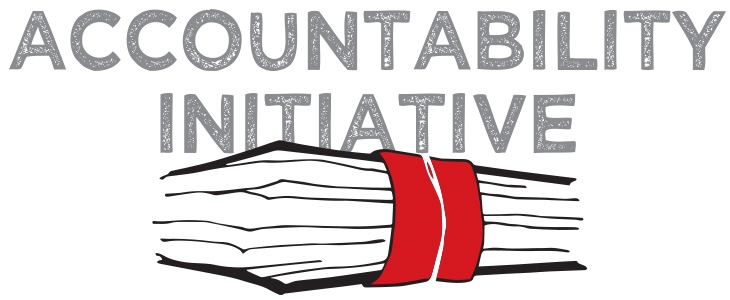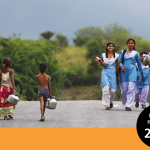
Exploring the Links Between Mother’s Literacy and Child Achievement
27 July 2010
It is a well known fact that children of more educated parents are likely to perform better in school. It is also well known that the amount of time parents dedicate to their children, either playing with them or helping them with their homework, also influences and shapes a child’s cognitive ability. Over and above this, theory also suggests that parents investment and consumption choices, the home environment, presence or absence of positive role models etc also plays an important role. I recently had the opportunity to field test some of these theoretical assumptions about the linkages between parents education and child achievement in a village in Ajmer, Rajasthan.
Located quite close to the Ajmer city centre, Ghughra is a medium sized village in Rajasthan where most residents derive their livelihoods from agriculture or rearing livestock. Many women in the village particularly those from the Gujjar community are employed on the NREGA worksites. Talking to mothers and fathers in the village, I got a unique insight into the different factors that can influence a child’s learning ability in a scenario where parents face different kinds of social and economic constraints.
- Parents perception of education: Most of the parents I spoke to had enrolled their children in school – some in government schools and others in private schools. However, the dropout rate amongst girls in the village was quite high particularly amongst adolescent girls. On probing this issue further it came to light that the continued practice of child marriage in the community has had a major impact on how long girls stay in school. Most girls are married in their infancy and then sent to their marital home when they reach puberty around 14-15. This practice seems to work as a disincentive for parents to invest in their daughter’s education. When we spoke to women about the need for educating girls further, many expressed the fear that education would lead their daughters to marry outside the community.
- Mother’s Literacy: There appeared to be a very clear link between mother’s literacy levels and the amount of time spent with the child on the child’s learning levels. Children who scored well on the reading tests I administered usually had at least one parent taking a keen interest in their studies and spending time with them after school. In most cases it was the mother. Within the Gujjar households, literacy levels amongst mothers and fathers were quite low. Most mothers were illiterate with little to no formal schooling. This seems to have a considerable impact on the degree of interaction that mothers had with their children when it came to education.
- The mothers I spoke to expressed a lack of confidence when it came to supervising their children’s school work. However, when it came to playing number games, many mothers were able to rattle off the solutions to maths sums quite easily. This raises interesting questions about what we understand by ‘adult literacy’.
So what did I learn? First, it seems quite clear that over and above the formal education system, the amount of time and interest parents take in their children and their education has a positive impact on their learning ability. This is the case even where both parents were illiterate and children were first time learners in the family. So time spent with children matters irrespective of whether parents are educated or not. Secondly, a creating a desire for education amongst parents and children is important – parents need to recognise the value of investing in their child’s education. Thirdly, adult literacy is important – parents with even a few years of schooling are better placed to monitor and supervise their children than those with little to no formal education. Fourth, building the confidence of children and parents is important particularly in households where the child is a first time learner. Here creativity is key – encouraging parents to tell stories to their children, play games with them etc can be a fun way to make learning an interactive activity for parents and children.
Mandakini Devasher Surie is a Research Analyst with the Accountability Initiative.




